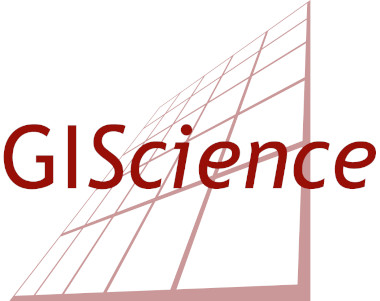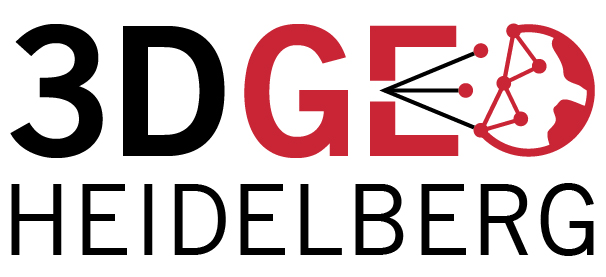Tag: laser scanning
-
Low-cost 3D sensing of natural objects in the Dechen Cave
In one of Germany’s most visited show caves, the Dechen Cave near Iserlohn, different objects were captured with the GIScience‘s high-end terrestrial laser scanner Riegl VZ-400 and the low-cost structured light camera Microsoft Kinect™ by Johannes Fuchs, Bernhard Höfle, Martin Hämmerle (LiDAR Research Group) and Andrea Schröder-Ritzrau (Institute of Environmental Physics). Morphometric features that are…
-
Laser scanning campaign at UNESCO World Heritage Site Lorsch Abbey
On Wednesday, 19th of March, the Kings Hall (Torhalle) facades at UNESCO World Heritage Site Lorsch Abbey were captured in 3D with a terrestrial laser scanner Riegl VZ-400 (provided by the Chair of GIScience) by Martin Hämmerle (LiDAR Research Group). The produced data set consists of about 65 million laser points and will allow for…
-
Fusion of human and remote sensor data in urban environments
OpenStreetMap (OSM) currently represents the most popular project of Volunteered Geographic Information (VGI): geodata are collected by common people and made available for public use. Airborne Laser Scanning (ALS) enables the acquisition of high-resolution digital elevation models that are used for many applications. Our new study combines the advantages of both ALS and OSM, offering…
-
Digital Geoarchaeology 2013: Laser scanning hands-on workshop with GIScience assistance
On Saturday, 9th of November, a hands-on laser scanning workshop took place within the framework of the Conference ‘Digital Geoarchaeology – New Technologies for Interdisciplinary Human-Environmental Research‘ (held at the Heidelberg Academy of Sciences and Humanities). The conference organizers Dr. Christoph Siart1) and Dipl.-Geogr. Markus Forbriger2) introduced a group of interested conference participants to terrestrial…
-
LiDAR Research group attends the Workshop on “UAV-based Remote Sensing Methods for Monitoring Vegetation”
The Workshop on UAV-based Remote Sensing Methods for Monitoring Vegetation was held at the University of Cologne, Germany. Around 120 participants discussed the topics UAVs, Vegetation Monitoring, Hyperspectral Vegetation Analysis, Multispectral Vegetation Analysis, 3D-Approaches, Vegetation Indices, Laserscanning and Stereo Photogrammetry. The LiDAR Research Group, represented by Kristina Koenig, attends the Workshop with two posters, dealing…
-
Sunny field trip of laser scanning course
On 7th of July, the summer semester’s laser scanning course was on a field trip for capturing a gravel bar of the river Neckar next to Ilvesheim. Apart from the main goal of experiencing ‘real life scanning’, the produced data now is used in various analyses: Based on two other datasets from 2011 and 2012***,…
-
LiDAR Research Group completes multitemporal multisensor data for boosting quality of plant growth models
On 19th of June, a multitemporal data set of agricultural plants was completed by researchers of the Chair of GIScience‘s LiDAR Research Group in the course of the projects Hyland and ESOB. A field of several grain varieties and fertilization quantities in maximum growth stage was captured in 3D using a terrestrial laser scanner (TLS).…
-
Most Downloaded Article of Journal Computers, Environment and Urban Systems (CEUS)
Our article Boosting the predictive accuracy of urban hedonic house price models through airborne laser scanning by Helbich, Jochem, Mücke and Höfle has reached the top position of the most downloaded papers from the journal Computers, Environment and Urban Systems (CEUS).
-
New Press Release: On the Sunny Side
The next issue of the German magazine Business Geomatics will present our research project HedALS in a short press article. The article highlights the results of our research on integrating 3D-GIS based variables derived from LiDAR point clouds into hedonic house price modeling. – Read the article in Business Geomatics 4/2013: p. 19 [in German]…
-
Elucidating Environmental History with 100 Million Laser Beams
The Heidelberg University has published a press release about our work on laser scanning and subsurface geodata fused for 3D reconstruction of karst depressions on Crete. https://www.youtube.com/watch?v=_9jgPC6zGl8


